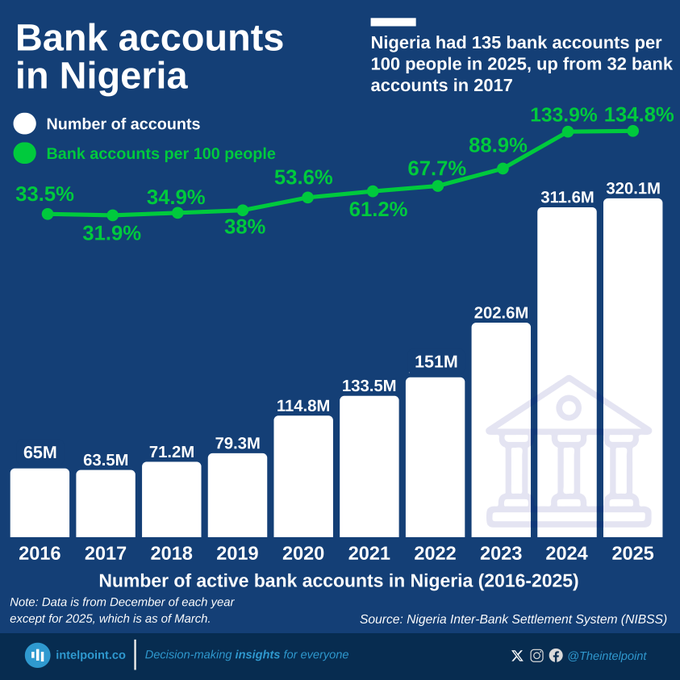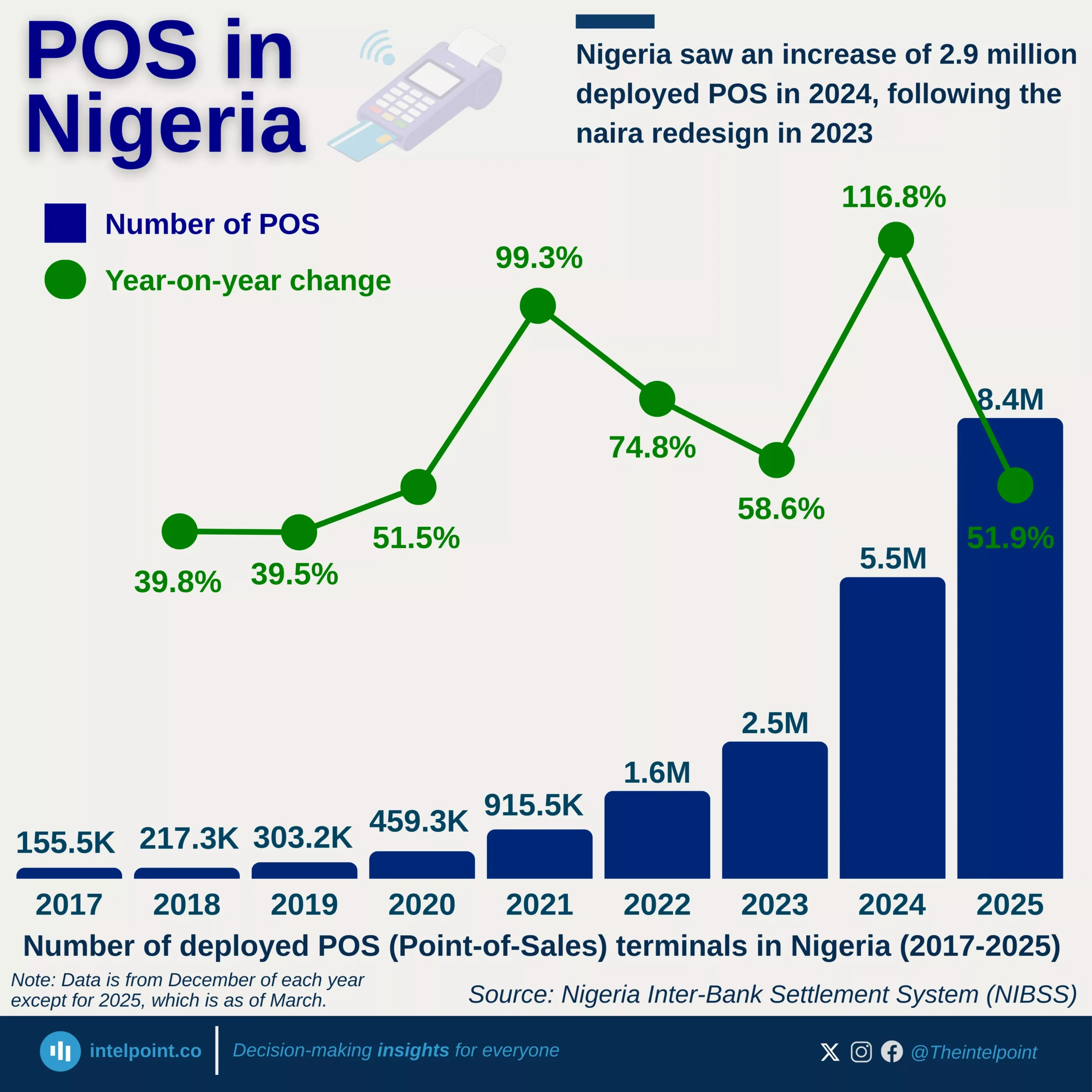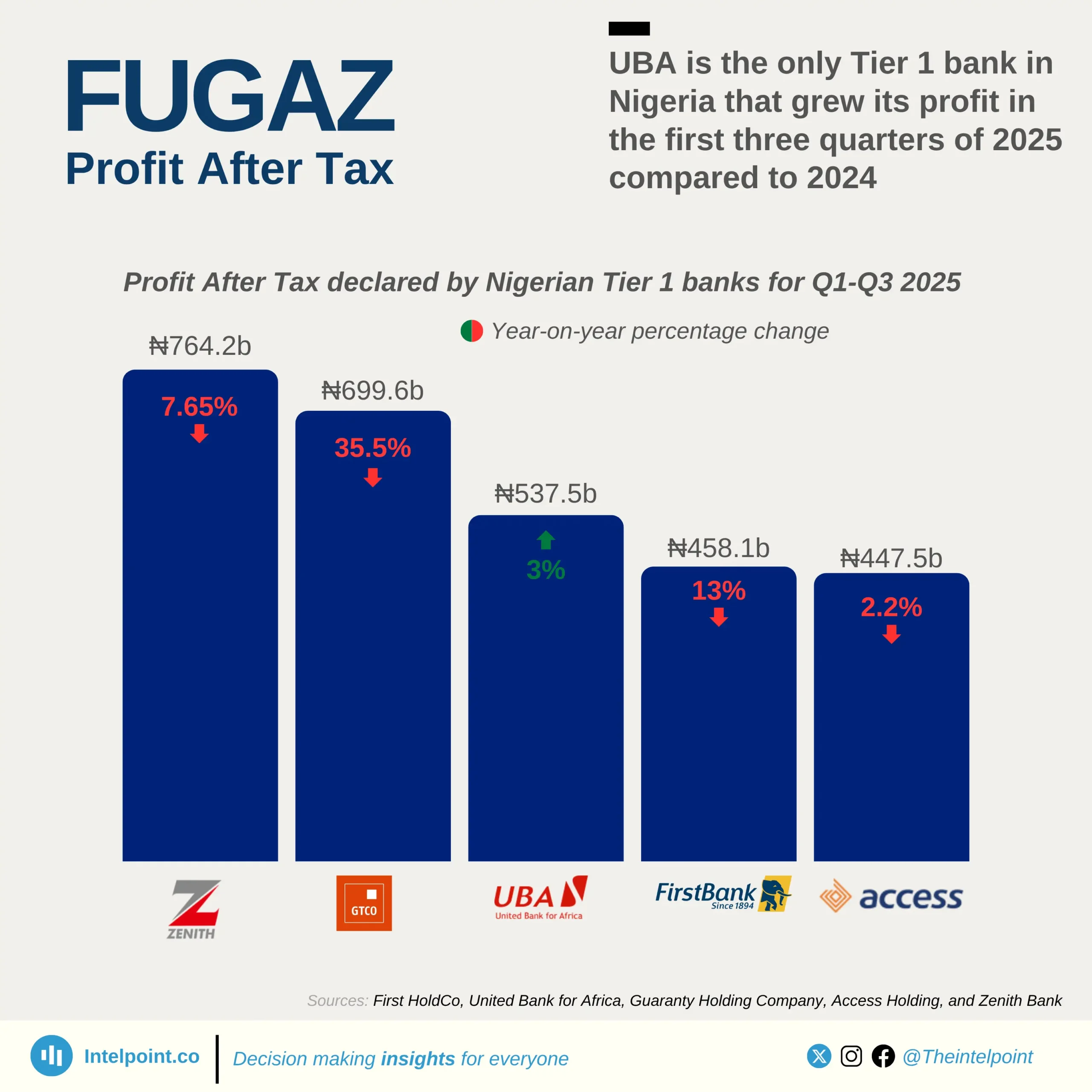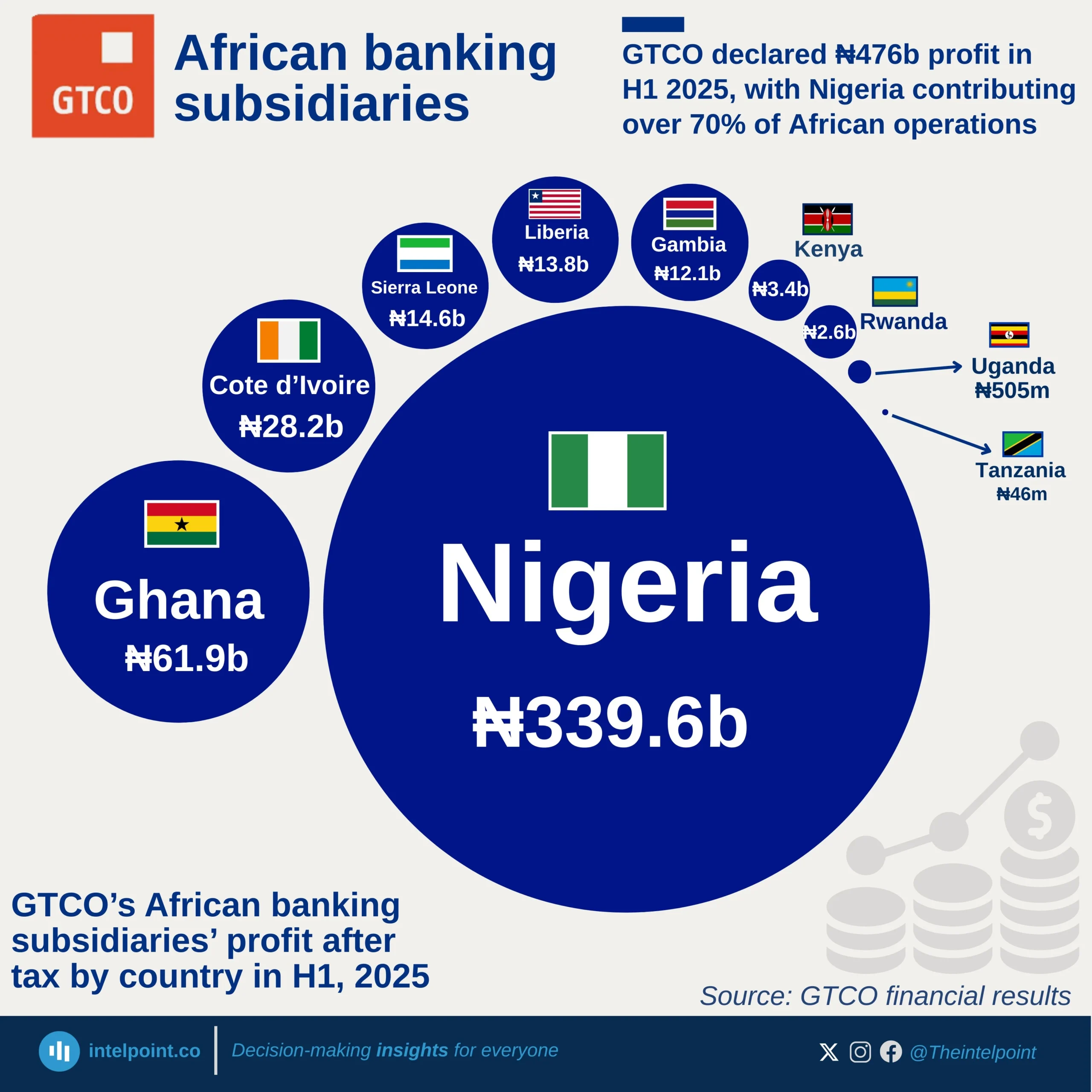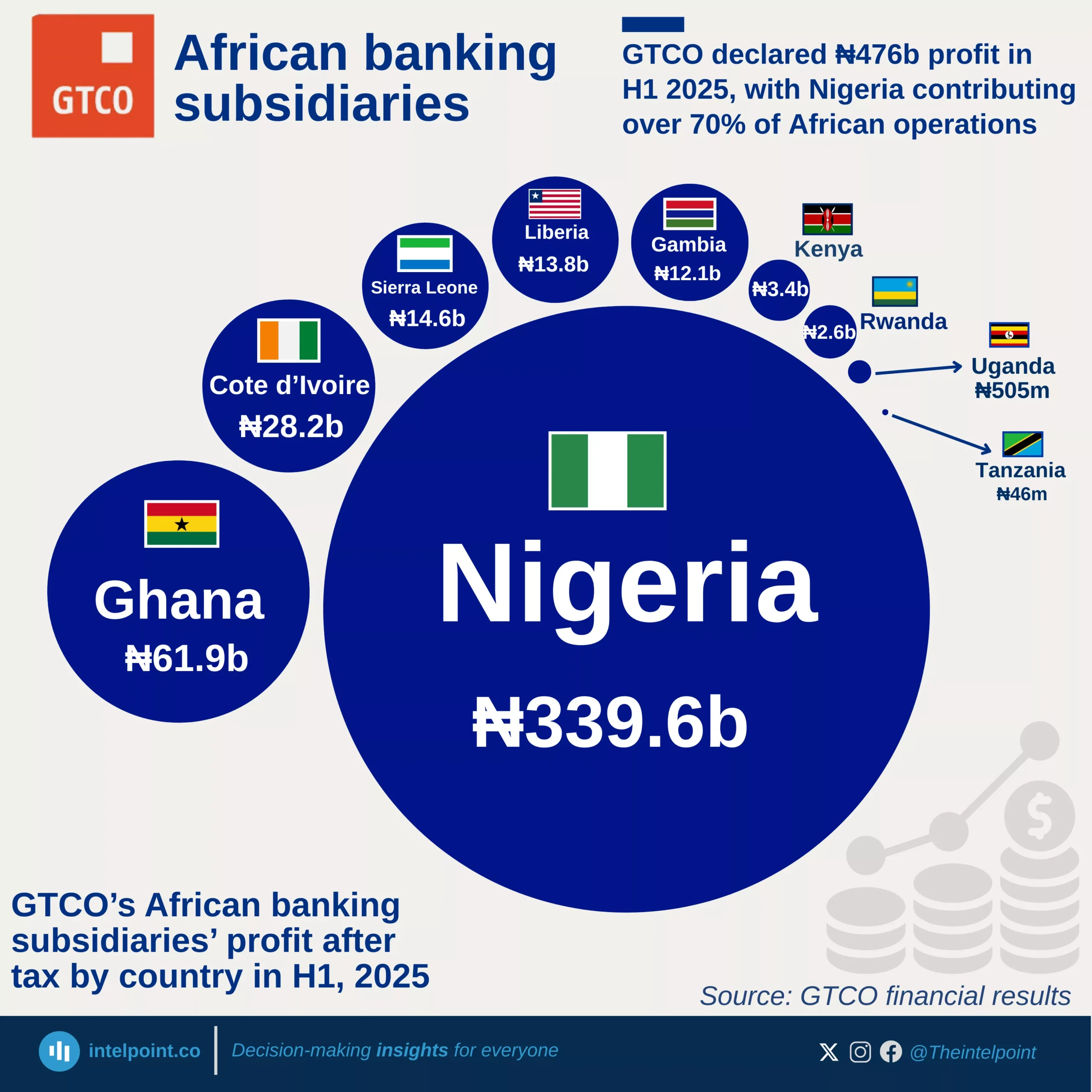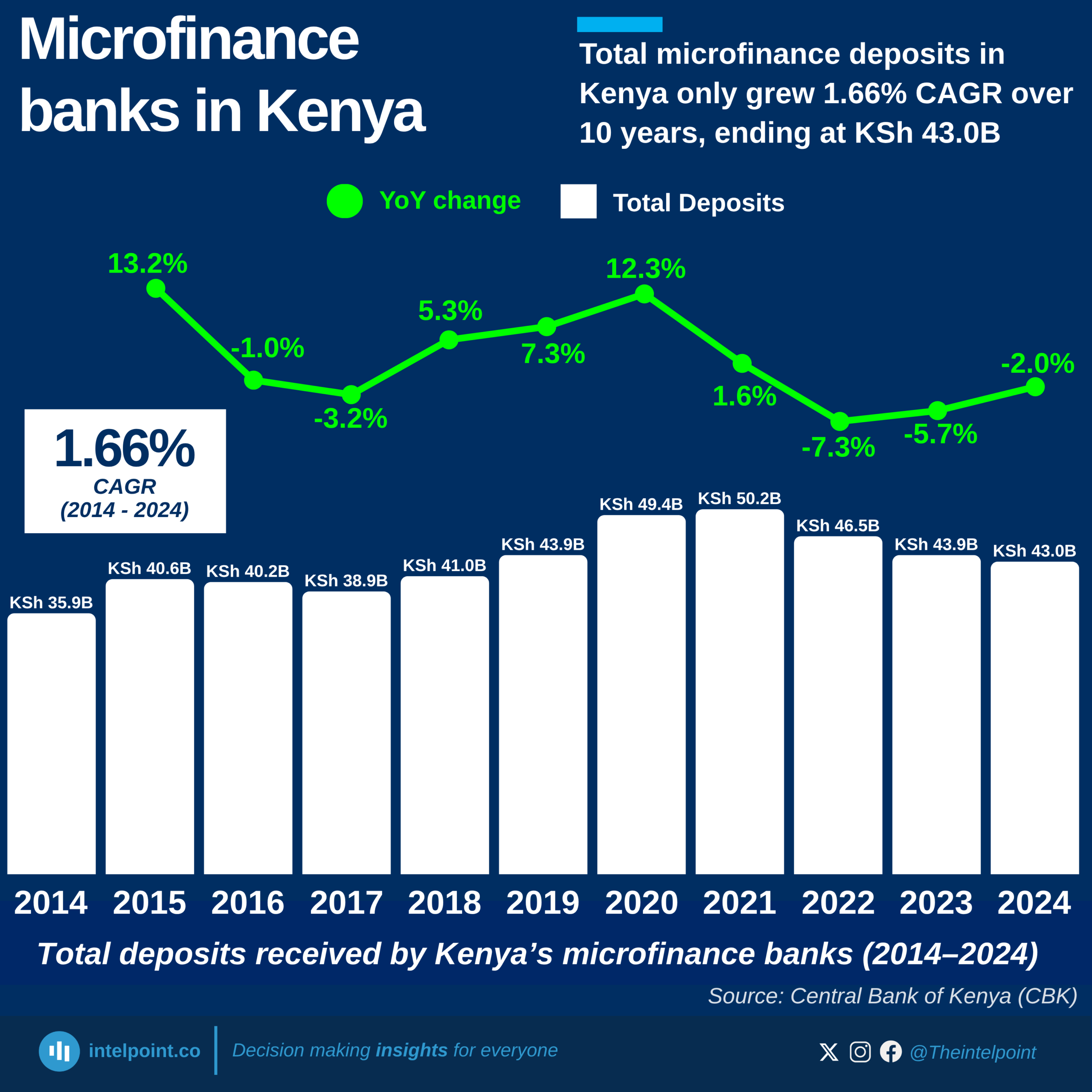- Kenya led with 90.1 percent account ownership in 2024.
- Mauritius (89.6 percent) and Ghana (81.2 percent) also in top 3.
- Nigeria ranked 11th at 63.3 percent; Tanzania fell short at 59.8 percent.
- Only 14 African countries exceeded the 60 percent inclusion benchmark.
- Another 14 African countries have no recent data in the Global Findex
The 2024 Global Findex Database, released by the World Bank, shows that only 14 African countries out of 40 countries reported have surpassed 60 percent account ownership among adults aged 15 and above.
This measure includes both traditional bank accounts and mobile money usage within the past year, offering a broad view of financial access. Kenya (90.1%) and Mauritius (89.6%) top the rankings, thanks to strong mobile money ecosystems and inclusive banking practices. Nigeria, Africa’s fourth largest economy, ranks 11th at 63.3%, reflecting moderate penetration amid fintech growth.
Tanzania, despite improvements, sits just below the threshold at 59.8%. Meanwhile, 14 African countries, including Angola, Rwanda, and Sudan had no data reported in this cycle.
